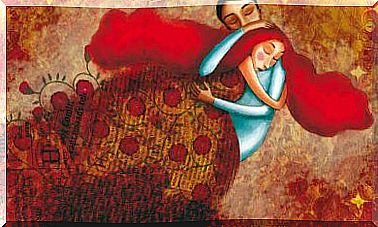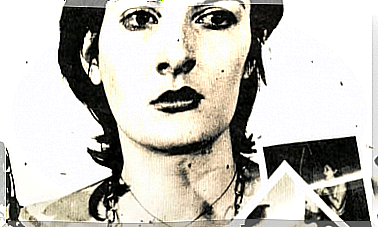Franz Boas, Biography Of The Father Of Modern Anthropology
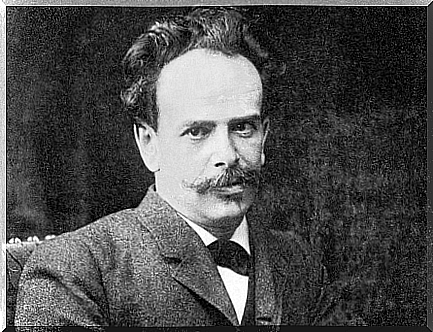
Franz Boas (1858-1942) was an anthropologist originally from Germany. He founded the first university department of Anthropology in North America, specifically at Clark University in 1888. In addition, he was the one who established a more scientific way of studying anthropology, due to the obligation to do extended field work.
Learn more about the circumstances that led Franz Boas to create this neat new scientific discipline below. In addition, we will delve into the social and personal circumstances that led this scientist to study this field of human science.
His discovery of anthropology
Like many anthropologists of the time, Boas was born and educated in Germany. He began his training when he was 20 years old. He studied physics and mathematics, obtaining a doctorate in geography in 1881. His thesis was entitled: Contributions to the understanding of the color of water.
In 1883 he undertook an expedition to the Arctic Sea to study the color of its waters. There he stays for a whole year living with the Eskimos and whalers. Discovering in this way ethnography, the method of direct observation to study social phenomena and the importance of understanding the surrounding context.
His close relationship with the Eskimos of the Arctic developed in Boas an interest in anthropology. He focused mainly on field research in all its fields: linguistic, social and cultural, a fact that led him to understand from an early age that language and culture play a more important role in societies than natural conditions.
At the end of the expedition he returned to Berlin, but years later he would return to North America to begin teaching at Clark University. By 1889 he was already a professor at Columbia University, a position he would hold for the rest of his life. In addition, he was curator of the American Museum of Natural History in the Ethnology section.
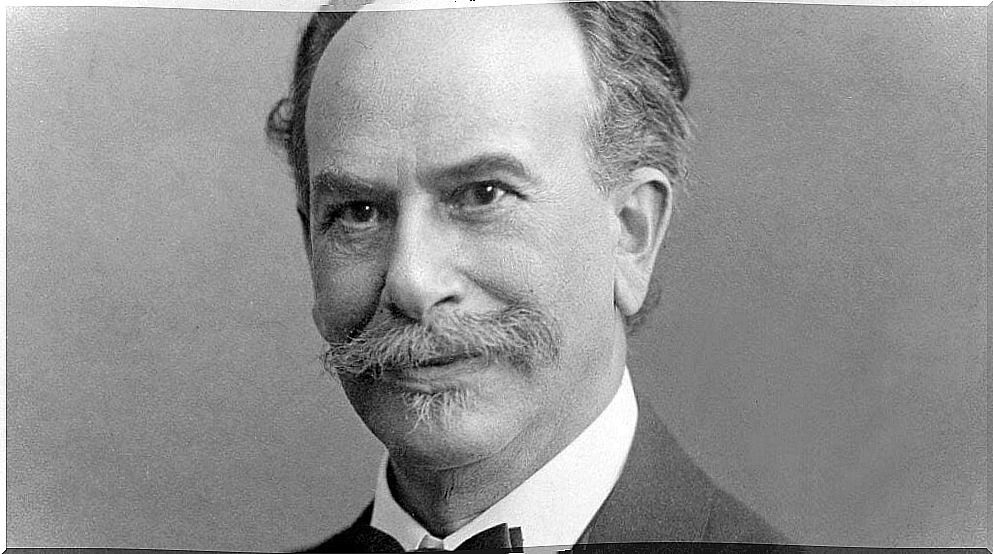
Most important contributions of Franz Boas to anthropology
Franz Boas’s contributions to anthropology are numerous and difficult to synthesize. However, it can be said that he contributed in all aspects of the establishment of Anthropology as a science, serving as a professor, researcher, administrator and founder of institutions.
He wrote an immense number of books and scientific articles, covering all fields of anthropology. Among his publications there were some that dealt with linguistics, ethnological theory, anthropometry, folklore, racial problems, civil rights and a long etc.
Boas was at the center of great events that marked a before and after in North American anthropology. He was involved in the modernization of the American Anthropologist magazine (1889), and the founding of the American Anthropologist Association (1900) and the American Folk-Lore Society (1888). As in the revitalization of the American Ethnological Society (1900).
In addition, in 1910 he actively contributed to the establishment of the International School of American Archeology and Ethnology in Mexico, serving as director of the institution between 1911 and 1912.
One of the most important theoretical contributions of Franz Boas to anthropology was a new look at the study of culture. Which renounced the prevailing thought of the time on linear social evolution. Instead, he proposed a relativistic look at cultural differences. This caused anthropologists to focus more on the particularities of each society instead of comparing cultures to make conjectural generalizations.
The generation of anthropologists who educated
Another of the great contributions of Franz Boas to anthropology were his disciples. Boas and his disciples built the foundations of a professional and university anthropology, which was characterized by having expelled the fans. In fact, it was possible to establish ethnographic field research as the most important thing in anthropological professionalization.
Among his most famous disciples were: Ruth Benedict, Margaret Mead, Alfred Kroeber, Robert Lewie, Edward Sapir, among others. All of them dedicated themselves to spreading anthropology throughout the length and breadth of North America. Kroeber and Lewie went to the University of Berkeley. Sapir to Chicago, while Mead and Benedict stayed in Columbia.
His reflections on race
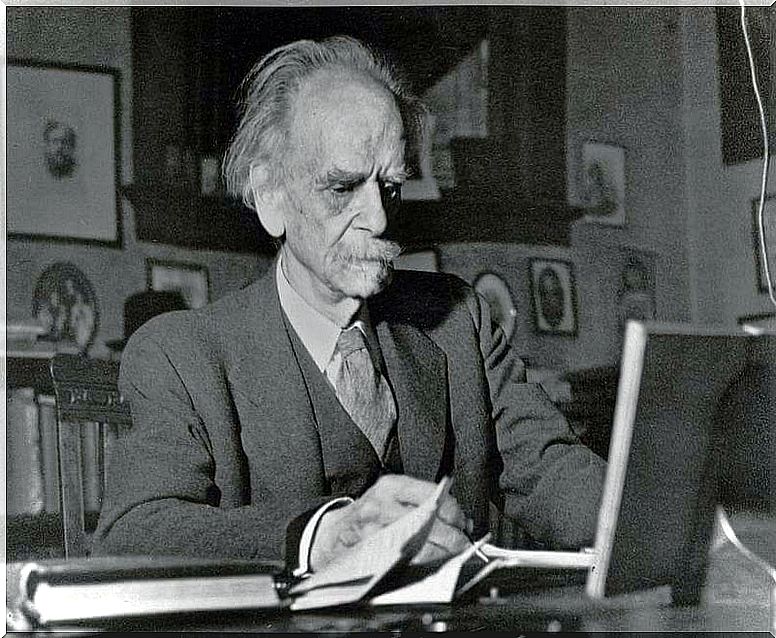
In 1911, Boas published the book The Mentality of Primitive Man . Text that can be considered one of the most important in his prolific scientific production. In its pages, Boas makes an effort to clarify the relationships between culture and race and concludes that there is no direct and effective relationship between them, thus denying the existence of superior and inferior races. Therefore, one cannot speak of primitive or civilized depending on the phenotype that characterizes a society.
Boas maintained and defended this theoretical position throughout his life. In 1931 he published an article in German reaffirming that culture had nothing to do with race, as proposed by some ultranationalists. The publication was made a year before Hitler’s rule in Germany, which caused his publications to be publicly burned in Kiel.
